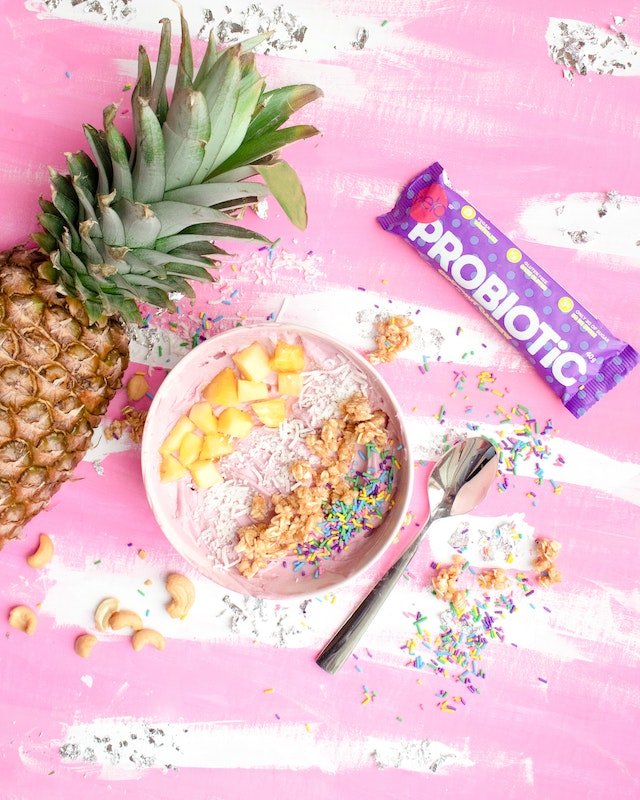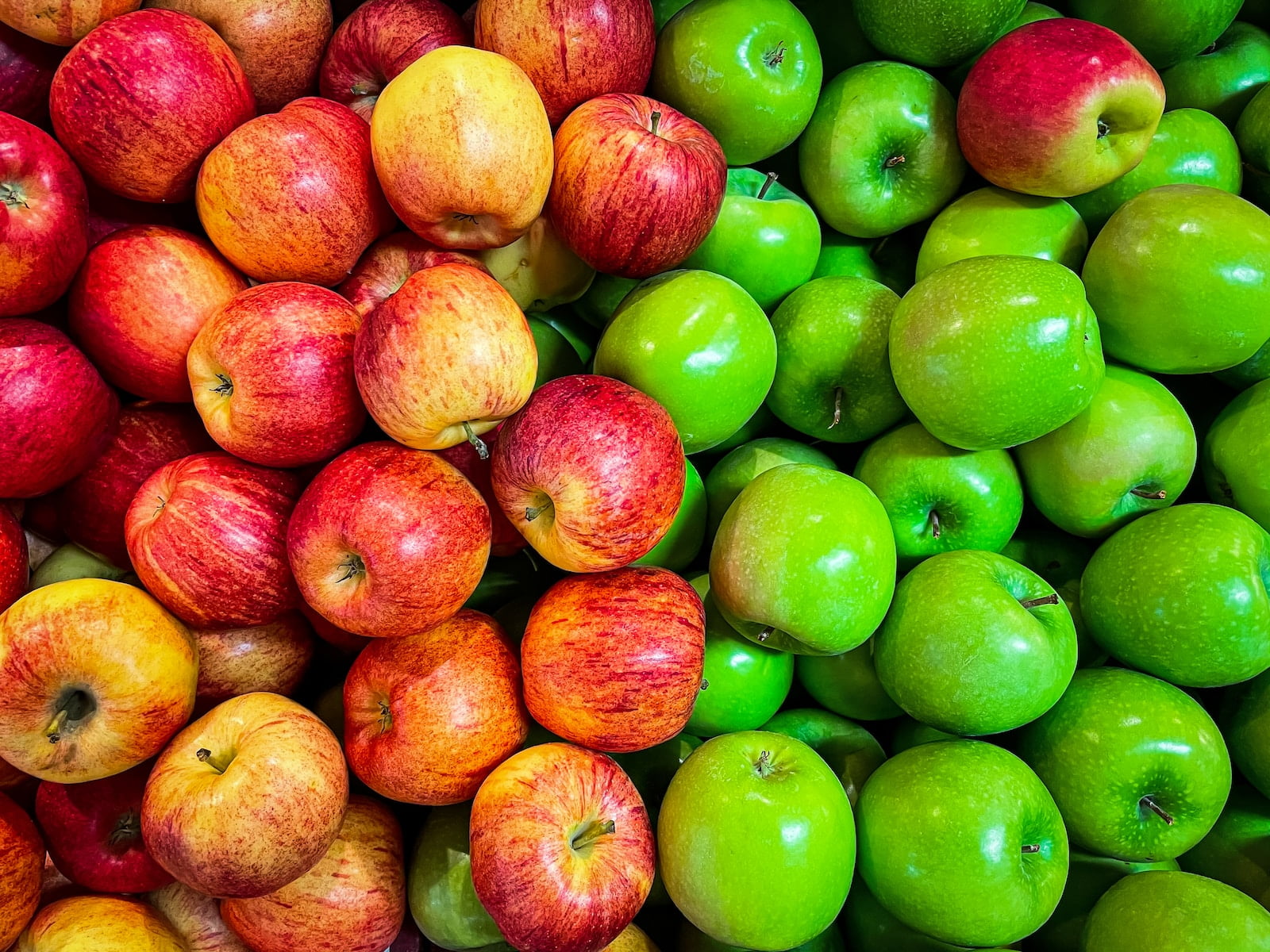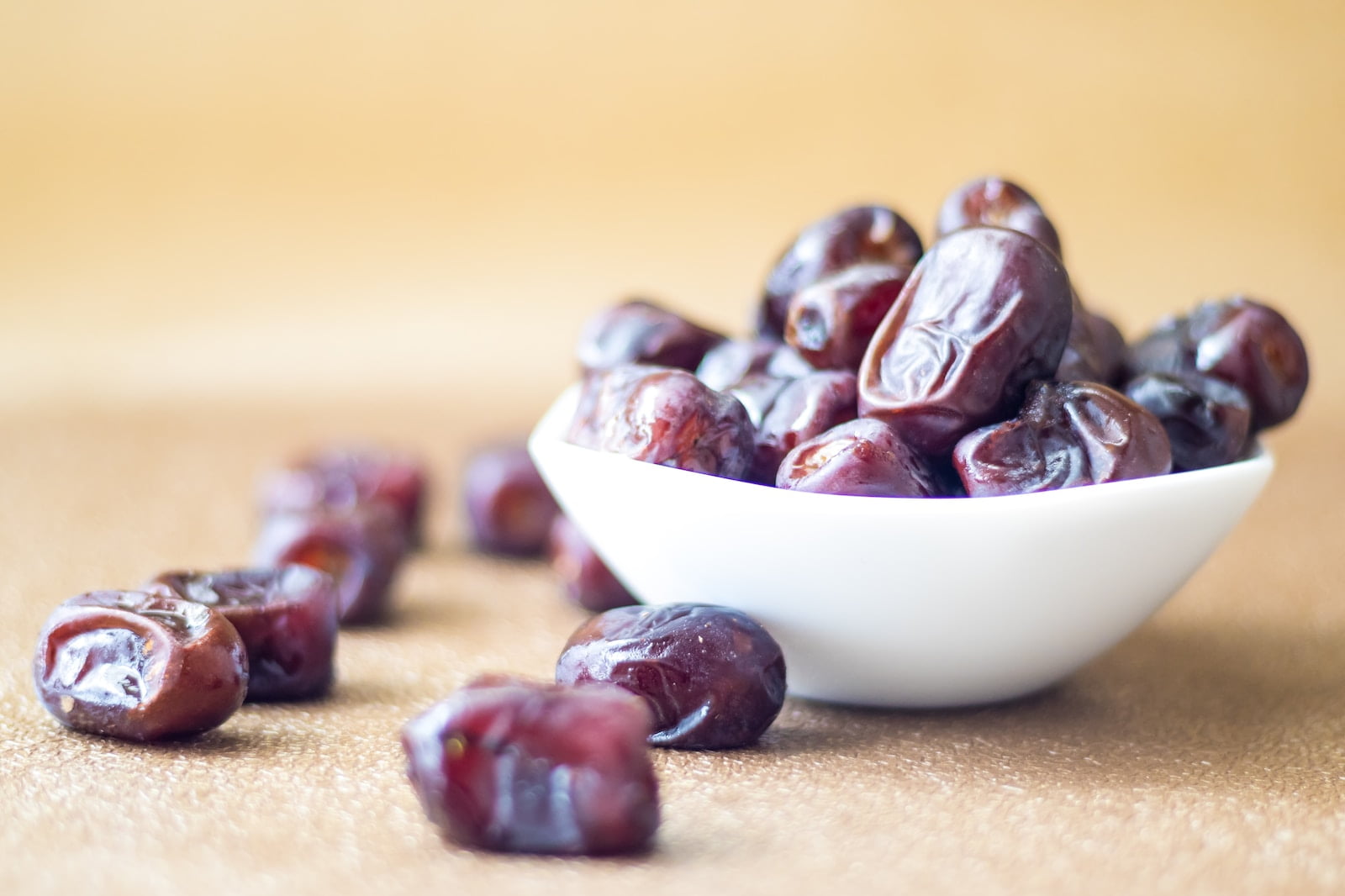As we age, our bodies go through many changes, and our digestive system is no exception. As women get older, they may experience a decline in the number of good bacteria in their gut, which can lead to digestive issues such as constipation, bloating, and diarrhea. This is where probiotics come in.
Probiotics are live bacteria and yeast that are similar to the beneficial microorganisms found in the human gut. They are often referred to as “good” or “helpful” bacteria because they help to keep the gut healthy by balancing the microflora in the digestive system.
There are many potential benefits of probiotics for older women, including:
- Improved digestion: Probiotics can help to alleviate digestive issues such as constipation, bloating, and diarrhea. They may also help to reduce the risk of developing inflammatory bowel diseases such as Crohn’s disease and ulcerative colitis.
- Boosted immune system: Probiotics can help to improve the function of the immune system by increasing the production of antibodies and white blood cells. This can help to protect against infections and illnesses.
- Improved mental health: Some research suggests that probiotics may help to improve mood and reduce anxiety and depression.
- Weight management: Probiotics may help to regulate appetite and reduce cravings for unhealthy foods, which can contribute to weight management.
- Heart health: Some studies have suggested that probiotics may help to lower cholesterol levels and reduce the risk of heart disease.
Probiotics can be found in a variety of sources, including fermented foods such as yogurt, kefir, and sauerkraut, as well as supplements. It is important to speak with a healthcare professional before starting any new supplement regimen.
Probiotics are beneficial bacteria that can help to keep the gut healthy and improve overall health. They may have numerous benefits for older women, including improved digestion, a boosted immune system, improved mental health, weight management, and heart health.




























